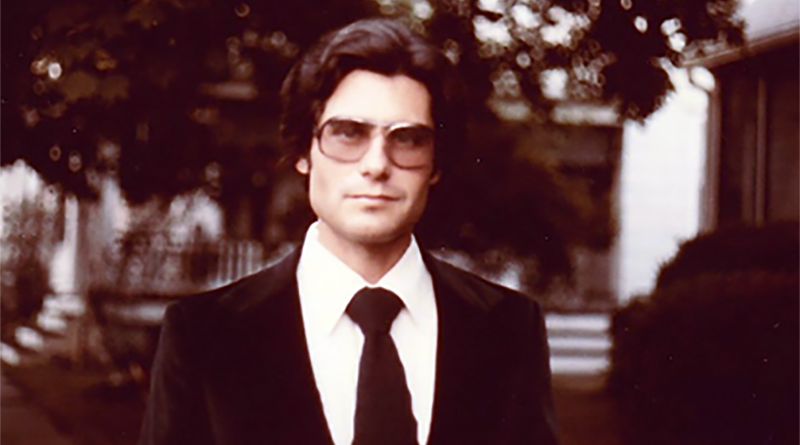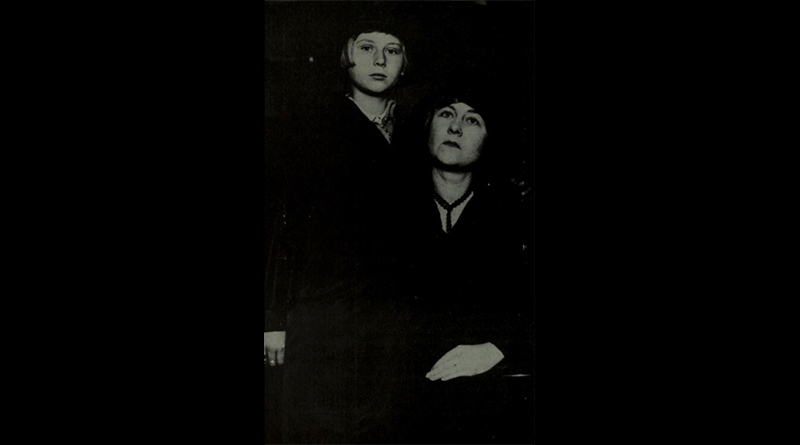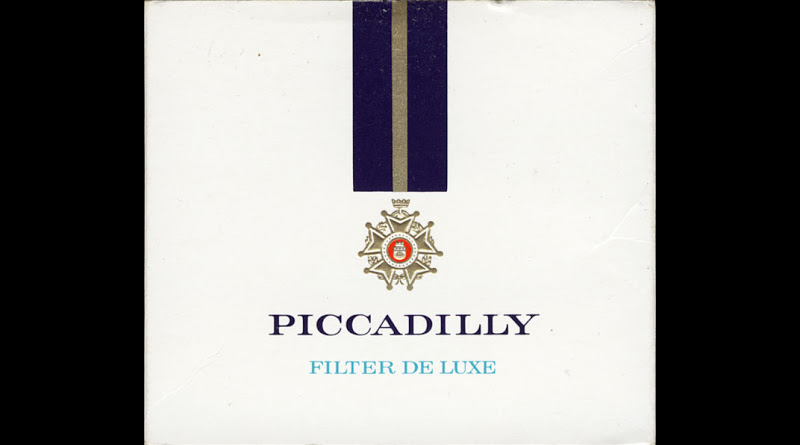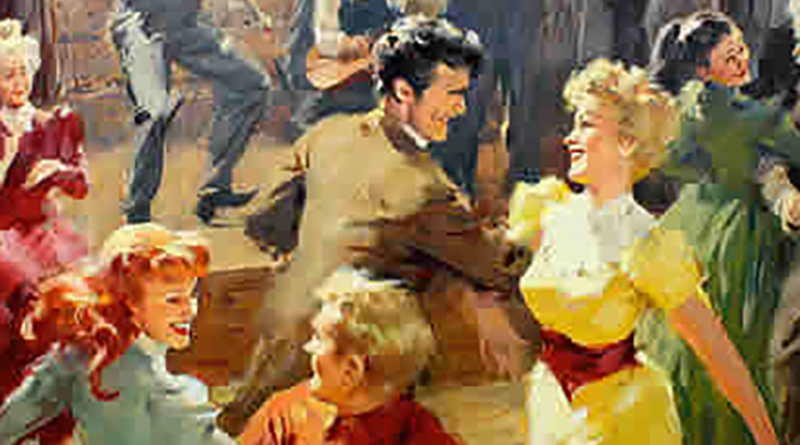It’s almost impossible for journalists to cover celebrities without collapsing into conjecture. Unless they work for a major magazine or a mammoth newspaper, reporters rarely spend much time with the celebrities they cover; very often, an artist will do eight twenty-minute phone interviews with eight different writers in the span of a single morning, and that’s all each writer has to work with. And since this artist probably said the exact same things in all eight interviews, all the writer can do is look at his ten rudimentary quotes and try to figure out how they can be used to prove that this person is somehow interesting.
Great example: In 1998, I interviewed Dave Pirner of the band Soul Asylum. Relative to most alt rockers, he was a pretty good talker; we discussed his liberal political views and the state of the music industry and — very briefly — his defunct relationship with Winona Ryder. All in all, we were on the phone for maybe thirty-five minutes. I started writing my Pirner profile as soon as the call ended, and I found myself using his casual insights to paint an incredibly vivid portrait of both his personal life and the cultural significance of his band. I saw tragic parallels between his ill-fated romance with Ryder and the unavoidable illusion of a meteoric rise to fame, and the whole story turned out to be an amazingly well-constructed psychological profile of a rock star who needed to pass the apex of his fame before he could take the time to appreciate what he had lost. It was a very good story. But then something dawned on me: What the fuck do I know about David Pirner? I talked to this dude for thirty-five minutes, and we spent the first ten discussing the coolest bars in uptown Minneapolis. How could I possibly think I gained any meaningful understanding of this man’s existence through one completely innocuous phone conversation? I could have written the whole story without even talking to him, and it wouldn’t have been any more (or less) accurate.
But you know what? My deadline for that Soul Asylum piece was 6:00 P.M. that same day, and I came to this realization at around 5:45. I could not change my life (or his) in fifteen minutes. I ran a spell check on the article and sent it to my editor, and then I went home. And everybody read my story, and everybody fucking loved it.
That’s celebrity journalism.
— Chuck Klosterman, in his book Sex, Drugs, and Cocoa Puffs: A Low Culture Manifesto







